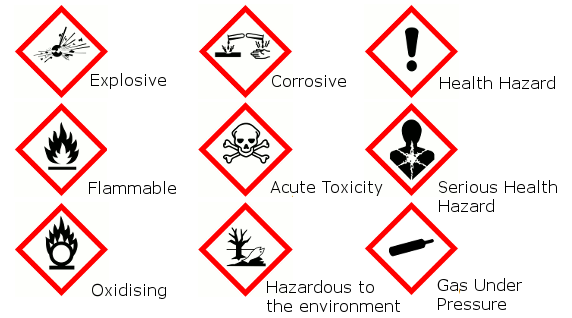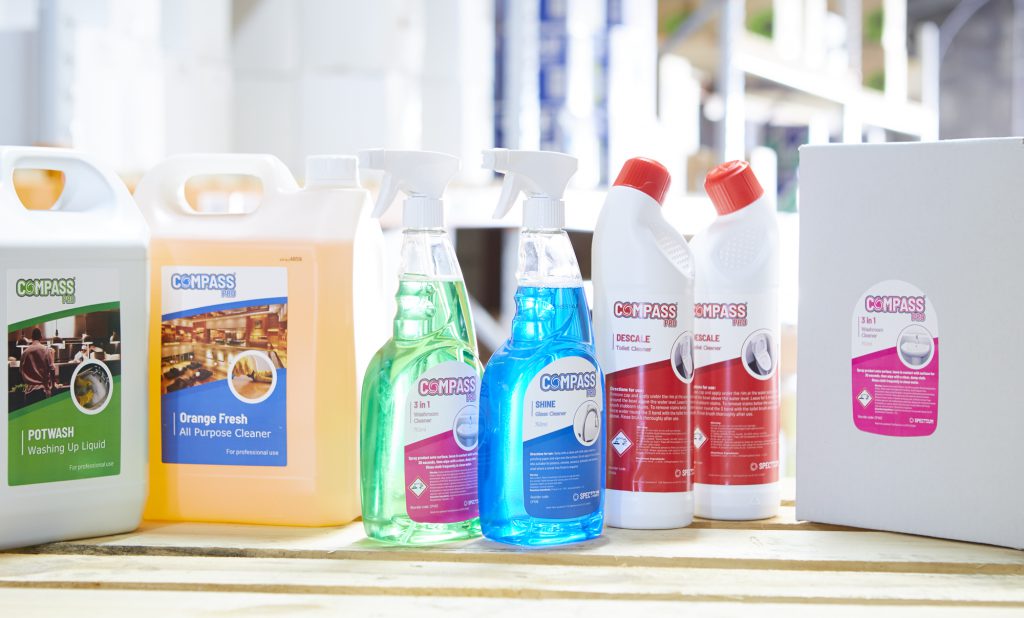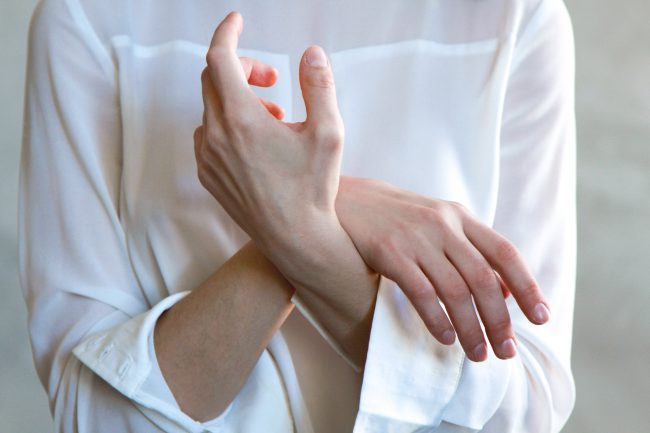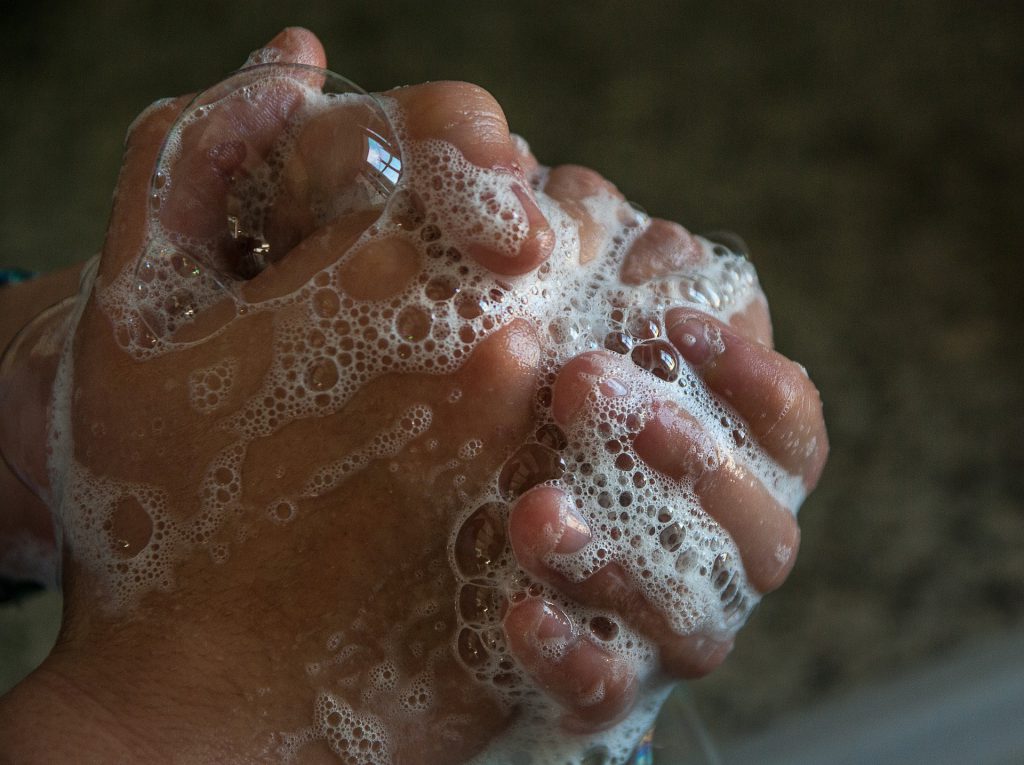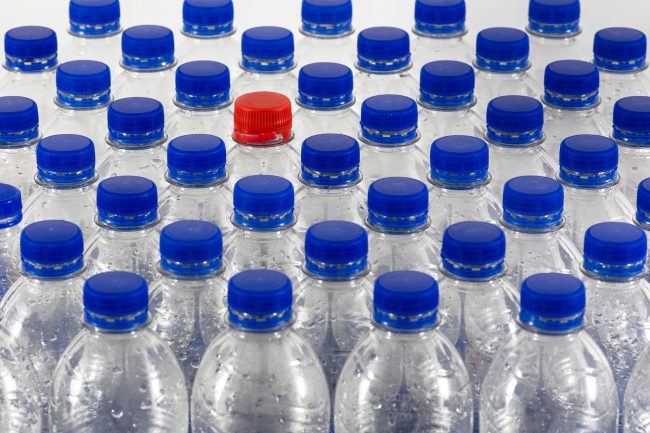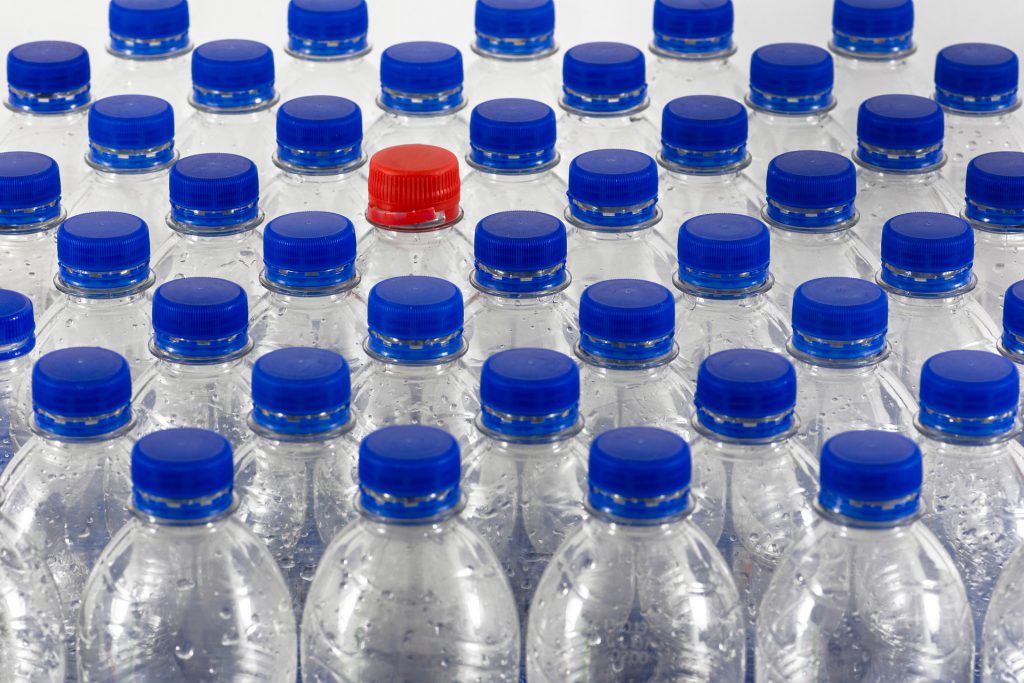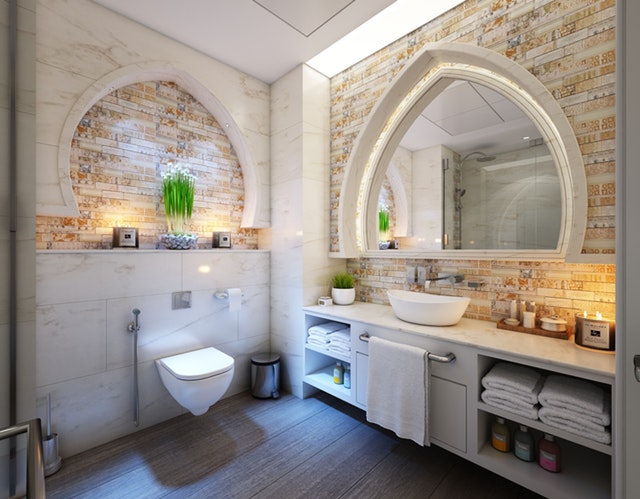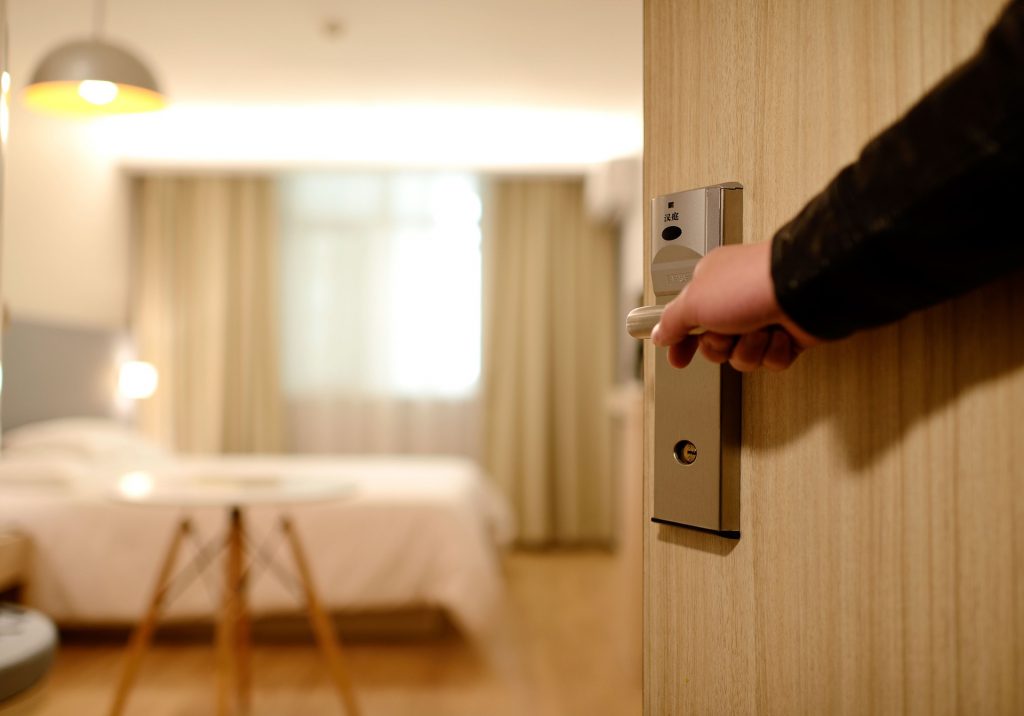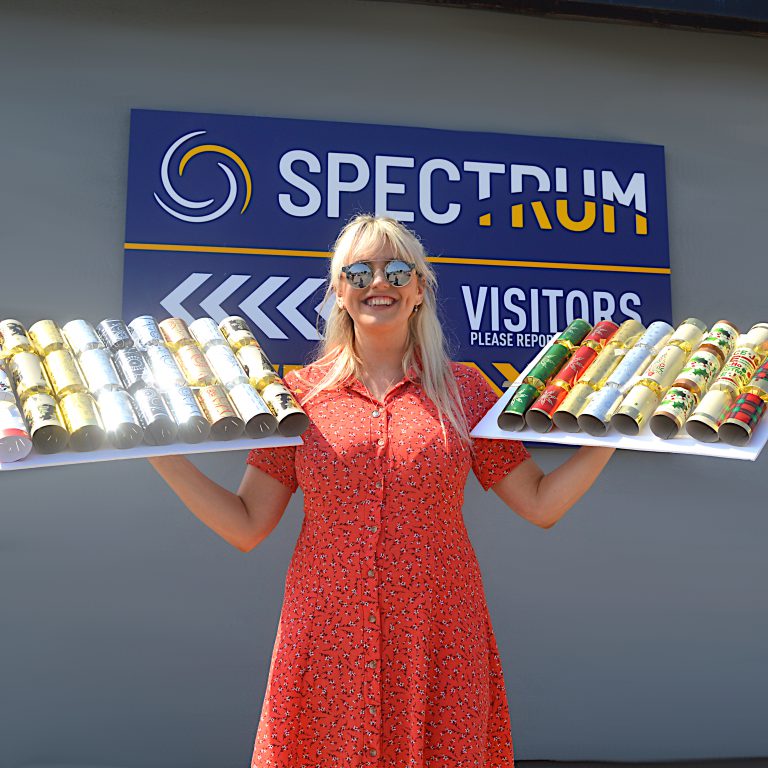
CHRISTMAS IS COMING!
I know with the sunny weather that we have recently been having that this may be hard to believe but it is actually only 138 days until Christmas day, that’s roughly only 3285 hours!
Have you started planning yet? Personally I’m extremely last minute and will be rushing up and down the high street a few days before Christmas trying to find loved ones the appropriate gifts. As a cleaning supplies company however we have had to be prepared. We have been working hard these past few months with our suppliers to build our 2019 Christmas range and have even now started taking orders from our customers.
Christmas Party Season
Even though Christmas may still be X amount of days away, the Christmas party season starts now as early as November so it’s really not that long away.
According to Perkbox, 86% of business’ will hold a Christmas party for their staff*, even if you work in the hospitality business, you are likely to be having a Christmas party/celebration. This means that the Christmas party season now starts as early as November and goes through to the end of January. At Spectrum we are giving you the chance to start ordering your Christmas essentials now and then all the way through to Christmas.
Event planning platform Eventbrite estimates that a company spends on average a substantial £42.48 per head * for Christmas parties, with most companies also inviting employee’s partners, the Christmas party spend is huge.
Eventbrite has found that British businesses will spend almost £1bn on festive corporate bashes. Christmas has huge potential, so get organised and buy your Christmas ancillaries early, better still buy them from Spectrum and maximise your Christmas profits.
Spectrum Christmas Gift to you….
As we’ve already established, Christmas crackers are probably the last thing on your mind right now, however it’ll be Christmas before you know it, and Yule be sorry if you don’t take advantage of our cracker of an early bird deal! (Sorry we’ve managed to get this far through the blog without a cheesy Christmas pun).
At Spectrum, we are already feeling festive so are offering our customers the chance to duplicate their order from last year order at the same 2018 price! If you place your order before August 31st, you’ll get your order for the same price.
If you didn’t order your Christmas products from us last year, don’t worry because we are offering an awesome early bird discount too, so the earlier you place your order, the more money you will save! Check out our brochures and get in touch with our little elves today to get your order placed.
Christmas really is coming, let us help you get festive…
Here at Spectrum, we love Christmas so I asked some of our team their favourite Christmas jokes to help get you feeling festive. Please let us know on our Facebook page what you think of our Christmas jokes/facts and if you have any of your own to share:


